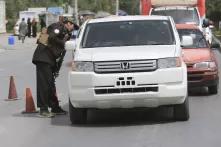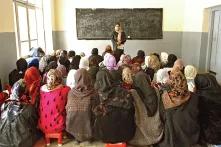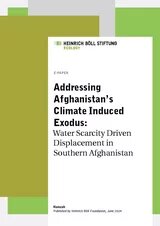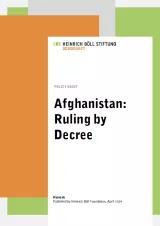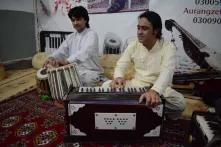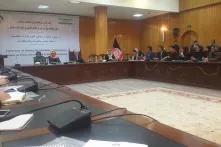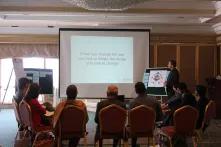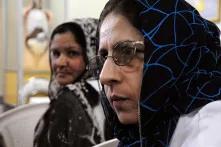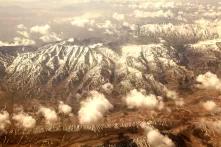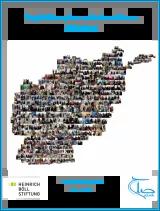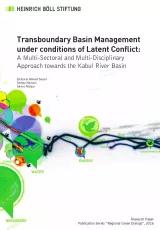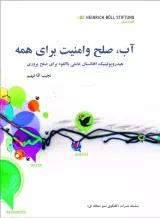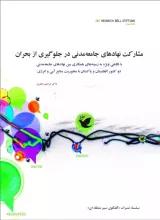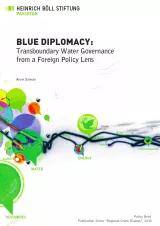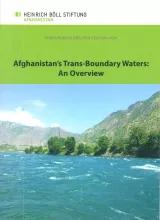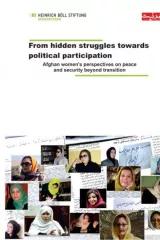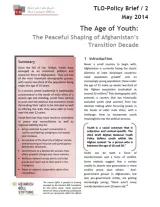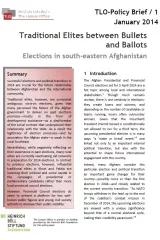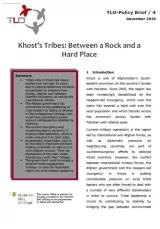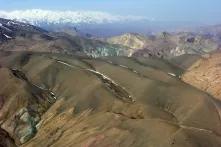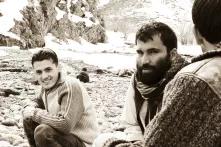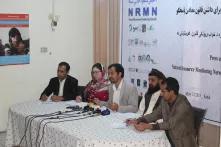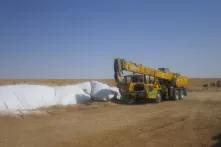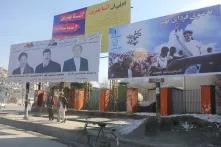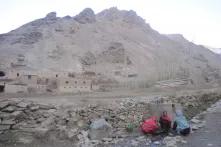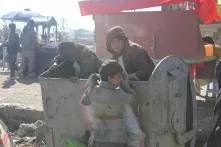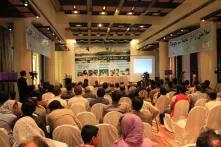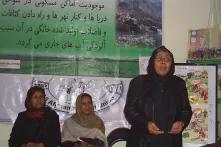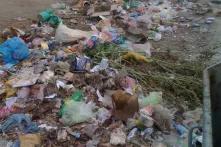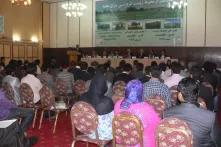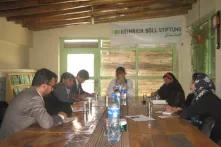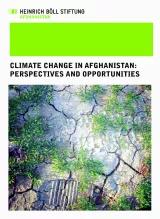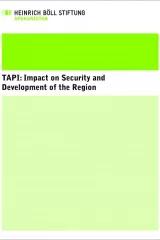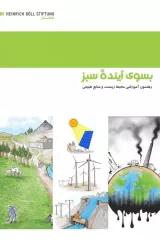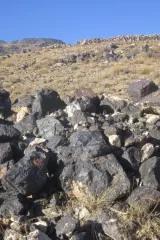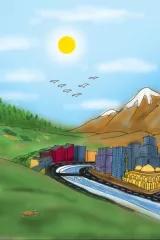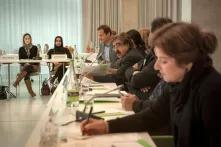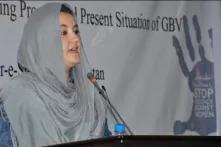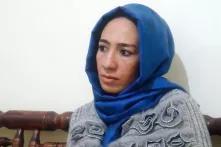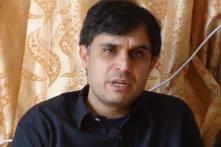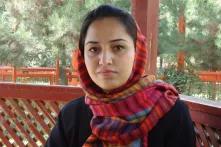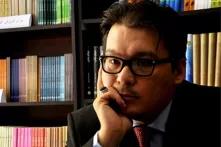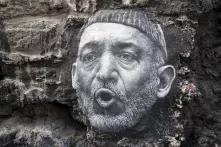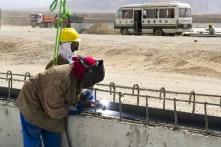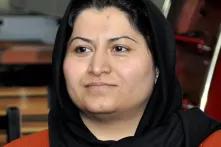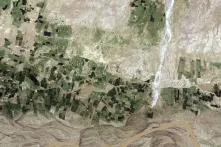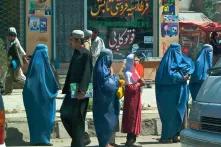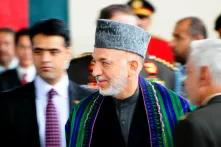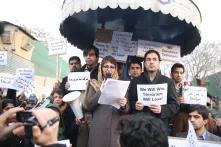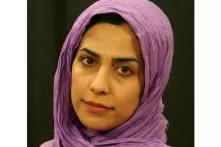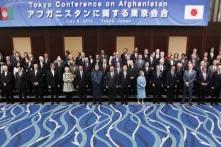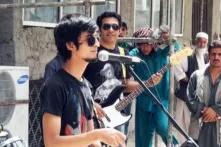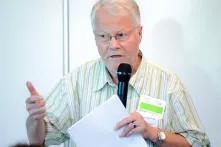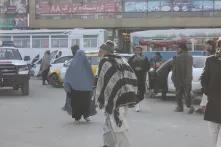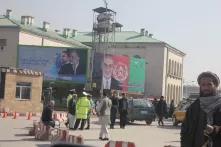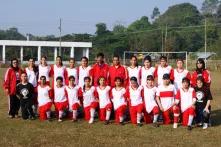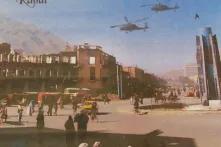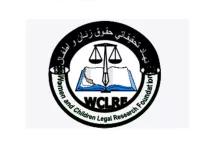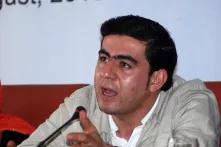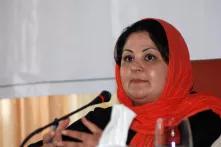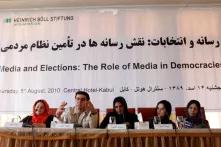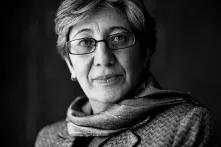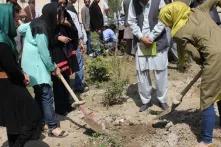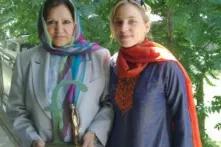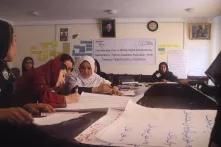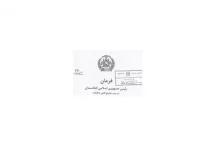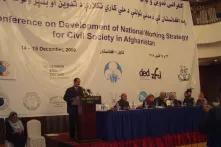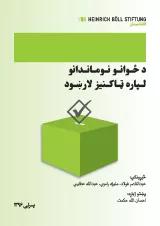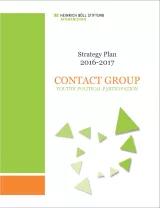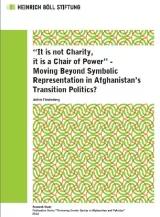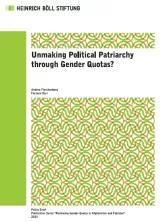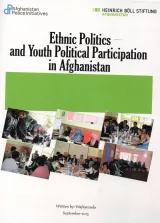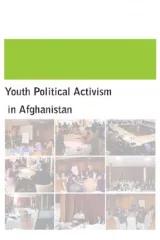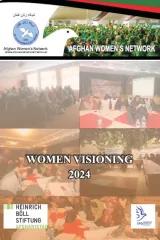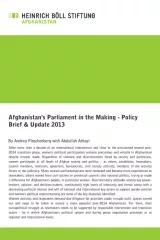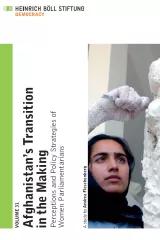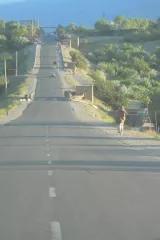The Heinrich Böll Stiftung has been active in Afghanistan since 2002 working in different fields: in the first years the work focused on media development, women empowerment and strengthening of local civil society organisations. Due to changing situations, the program changed in the course of time and concentrated on environmental issues, the role of youth in the democratisation process and on Foreign, Peace and Security Policies.
This page presents some of the results of the work in the past on the above-mentioned topics. There are a number of publications, articles and reports about events conducted by Heinrich Böll Stiftung and its partner organisations. The page presents as well the current work in Afghanistan on Resource Governance and environmental issues.
Recent articels
Foreign, Peace and Security Policies
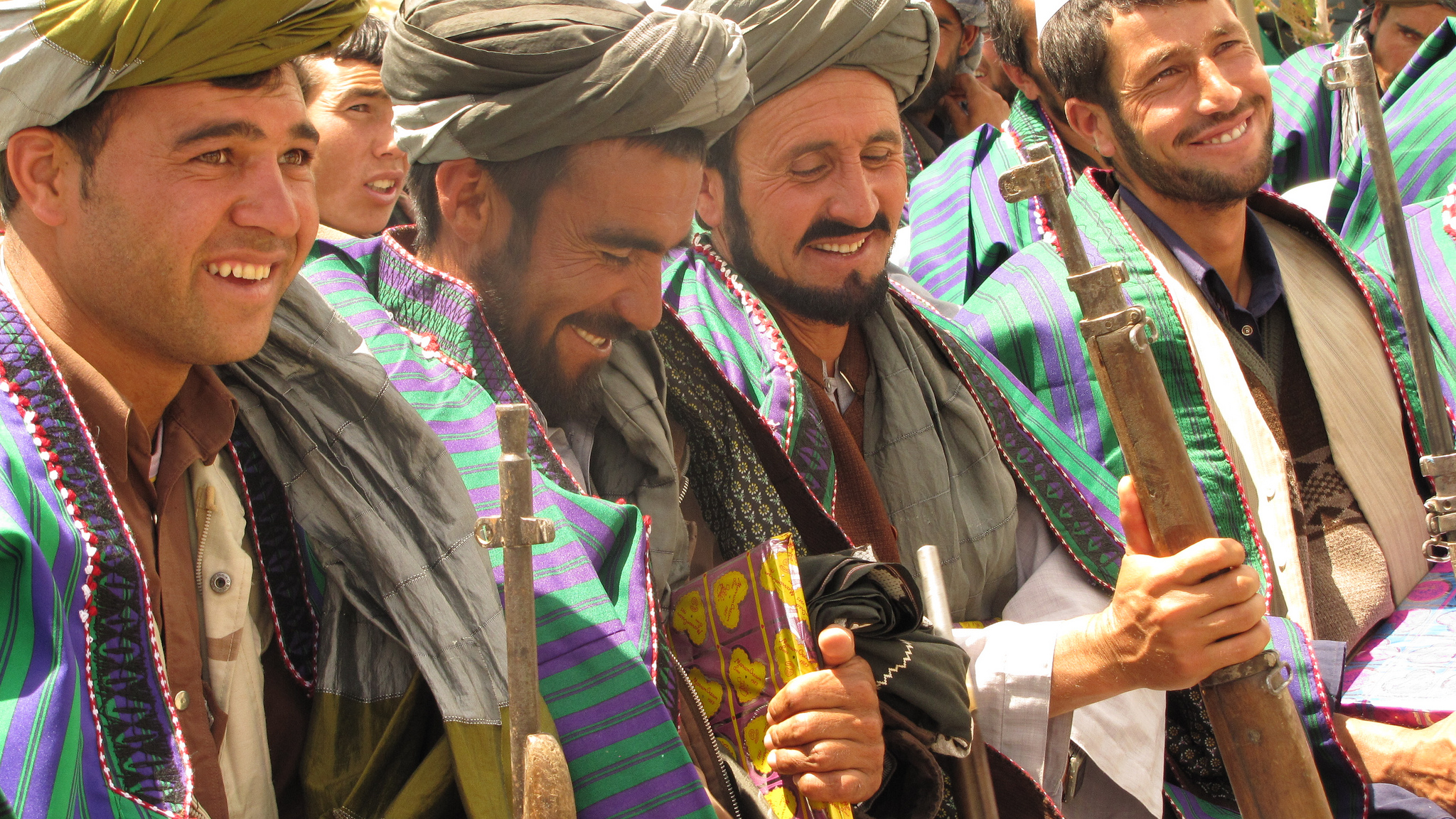
Peace and security are a matter of central concern for the people of Afghanistan. In large parts of the country, most of all in the south and south east of Afghanistan, instability and insecurity prevail. This, of course, is a hindrance for development. Security and development therefore are closely related. Once a basic level of security will have been achieved that will allow for progress in other fields.
Environment and Resource Equity

Ecology and sustainable development are central areas for securing the future of humanity.
It is to the credit of the green movement within and outside parliaments that ecology has become one of the main arenas of politics. There is hardly another subject which, within the last 30 years, has been thus transformed from the concern of a few scientists, activists into a topic of world conferences.
Ecology is not recognized as a primary concern for Afghanistan – even though every year many more people in Afghanistan die and are harmed by the effects of air and water pollution than are killed by military operations or insurgents. Every citizen can notice the negative impact environmental problems have on his or her daily life. There are already conflicts about the distribution of resources, about fertile lands, grazing grounds and water today. These are likely to increase the more affected Afghanistan will become by the effects of climate change.
Democratization and Youth
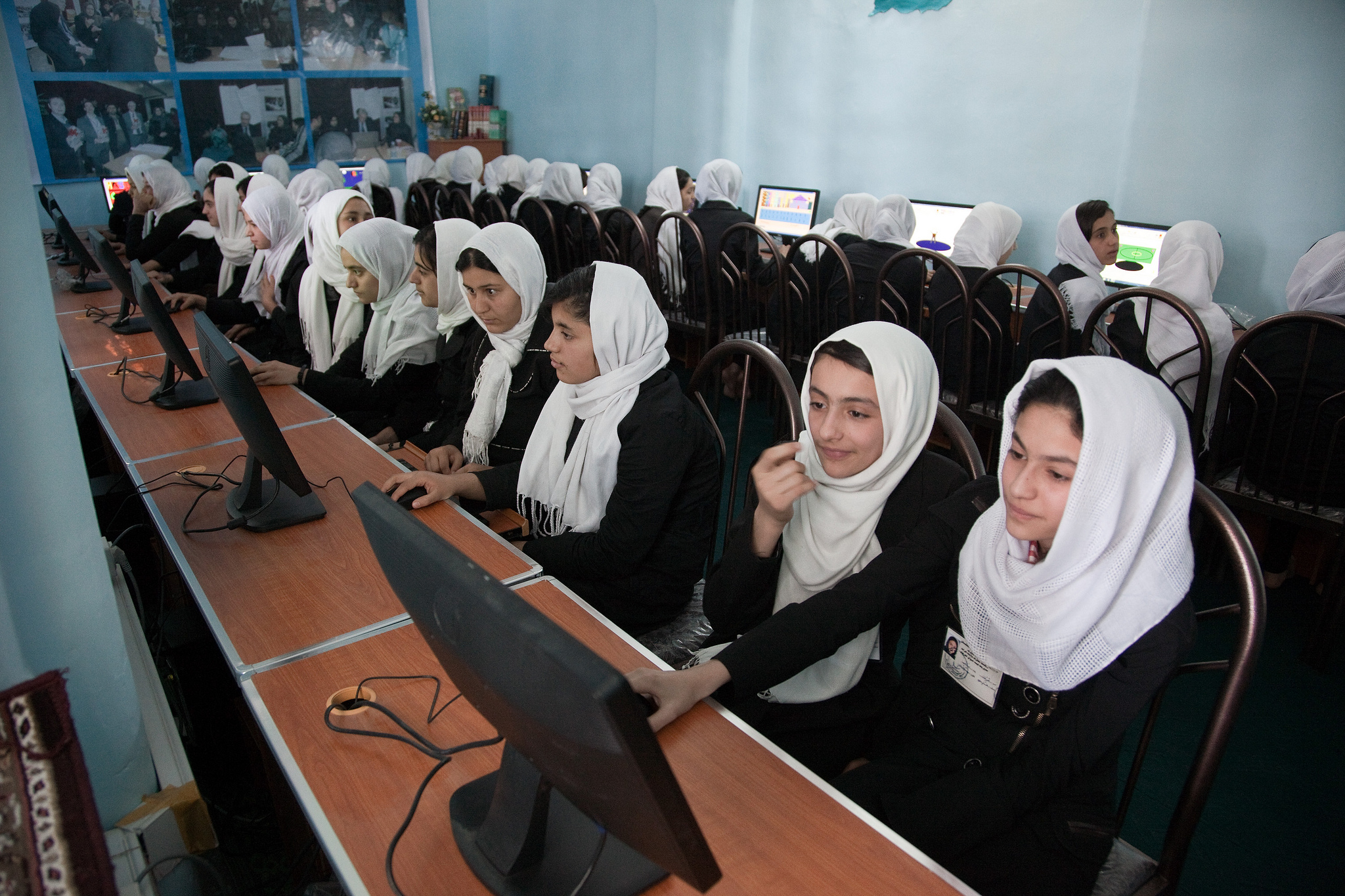
Power should be in the hands of the people – and everybody should have the same chance to participate in it. Heinrich Böll Stiftung (HBS) is committed to securing equal access for all members of society to participate in shaping politics in their country. That can be achieved only through a democratic system.
Democratization is a chief tenet of green politics and a central issue in political education which aims to promote a better understanding of democratization – defined as the way democratic norms, institutions and practices evolve and are disseminated both within and across national and cultural boundaries. Still it is often far from clear how to translate the general notion of democratization into concrete projects, campaigns, or educational programmes. "Civil society" is one such concept which, while widely embraced, is very contentious when it comes to questions of implementation.
